Blog Posts Tagged Technical Content
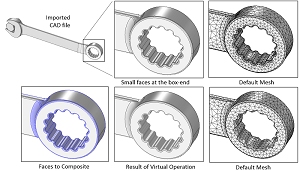
Using Virtual Operations to Simplify Your Geometry
CAD geometry: A set of data structures that provide a very precise method for describing the shapes of parts (called boundary representation, or B-rep).
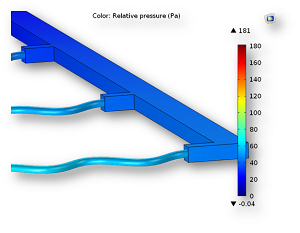
How to Easily Connect 1D Pipes to 3D Flow Domains
You can easily connect 1D pipes to 3D flow domains for your pipe flow simulations using a feature in the Pipe Flow Module available as of COMSOL Multiphysics® version 5.0.
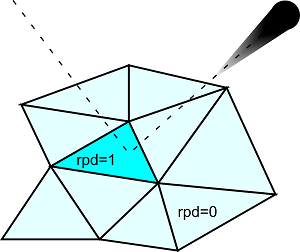
New Accumulators Boost Particle and Ray Tracing Functionality
Accumulators, a series of features available in the Particle Tracing Module, can be used to couple the results of a particle tracing simulation to other physics interfaces.
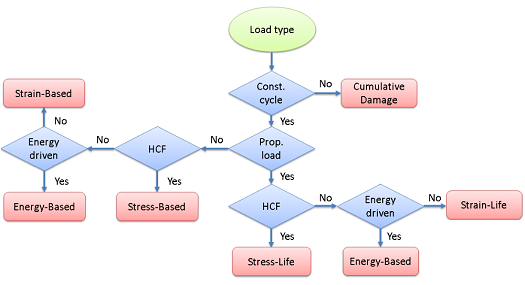
Which Fatigue Model Should I Choose?
Have you ever asked yourself, “Which fatigue model should I use in my simulations?” If so, read this blog post for a comprehensive overview of the available Fatigue Module models.
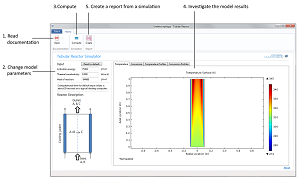
Apps for Teaching Mathematical Modeling of Tubular Reactors
Chemical engineering students can use the Tubular Reactor app to model a nonideal tubular reactor and investigate the impact of different operating conditions. Learn more >>

Working with Imported CAD Designs
The CAD Import Module, Design Module, and LiveLink™ products go beyond the capabilities of COMSOL Multiphysics® with CAD tools for repairing and preparing a geometry for simulation.
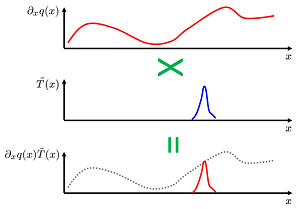
A Brief Introduction to the Weak Form
Whether or not you use finite element analysis and vector calculus in your daily life, you’ll appreciate this introduction to the weak form equations.
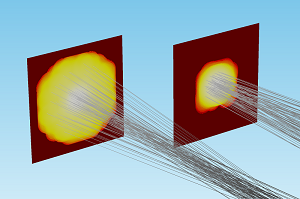
Modeling Thermally Induced Focal Shift in High-Powered Laser Systems
You can use the Ray Optics Module to create a fully self-consistent model of laser propagation that includes thermal and structural effects. Here, we take you through the process step by step.
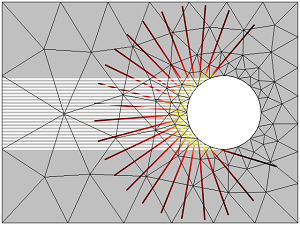
Introducing the Ray Optics Module
COMSOL Multiphysics version 5.0 introduced an add-on module for electromagnetics modeling: the Ray Optics Module. It can be used to perform ray tracing and geometrical optics studies.
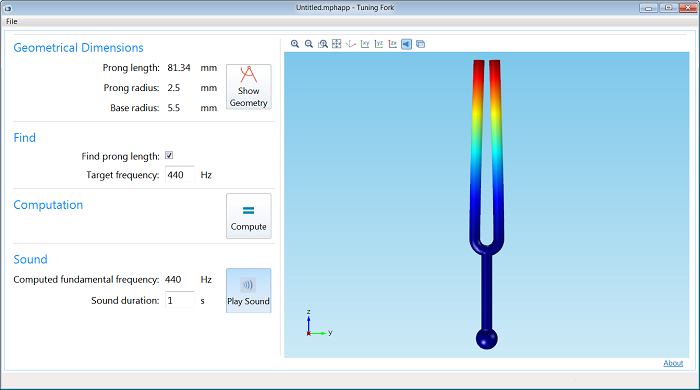
The Tuning Fork Application
Do re mi fa so la ti do! Did you know that the most common standard pitch for a tuning fork is 440 Hz, which forms the note A? See a tuning fork simulation app in action here >>
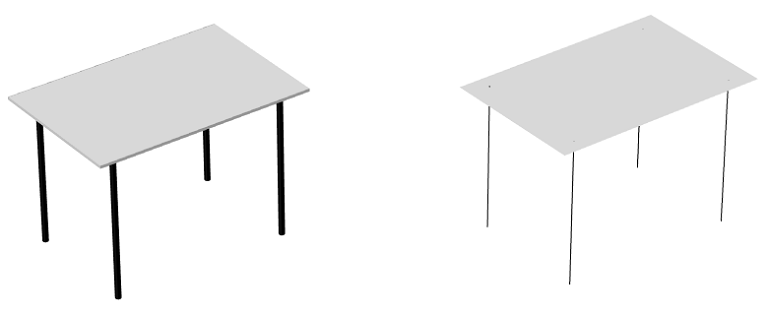
Coupling Structural Mechanics Interfaces
The Structural Mechanics Module consists of specialized interfaces: Solid Mechanics; Shell, Plate, and Membrane for modeling thin structures; and Beam and Truss for modeling slender structures.
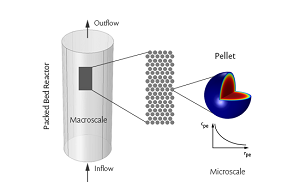
Multiscale Reactors: Cleaning the Flows
Packed bed reactors are used in chemical synthesis and for effluent treatment and catalytic combustion, are often required for heterogeneous catalysis, and commonly include catalyst pellets.
